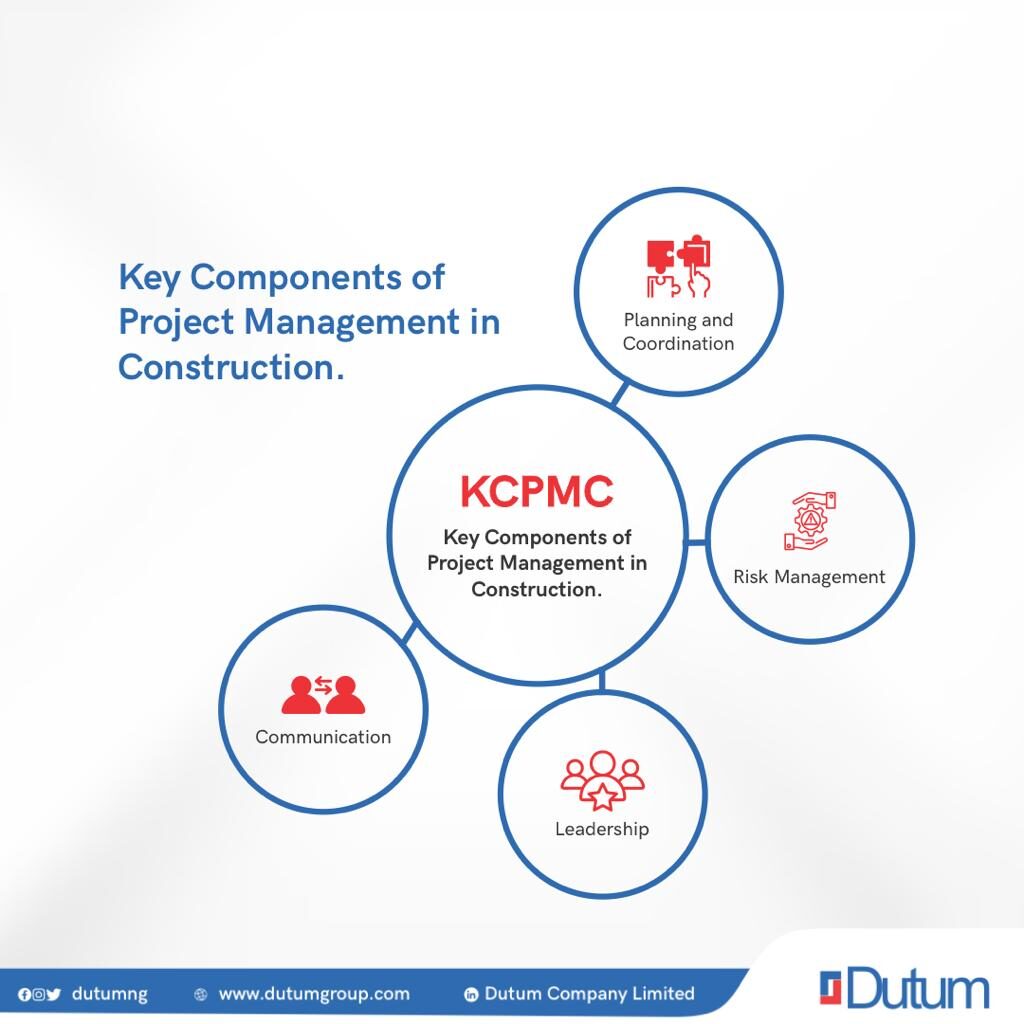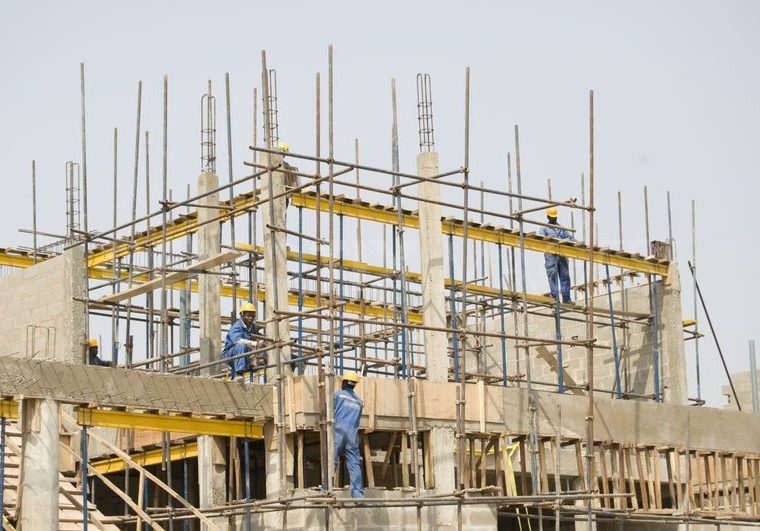Project management is a critical aspect of the construction industry in Nigeria, helping to ensure that projects are completed on time, within budget, and to the required quality standards. In this guide, we’ll explore the key components of project management in construction and the benefits of effective project management.
Table of Contents:
- Definition
- Importance
- Key Components
- Benefits of Effective Project Management in Construction
- Challenges
- Final Thoughts
Definition of Project Management in Construction
Project management in construction involves the planning, coordination, and control of a range of activities, including design, procurement, and construction. The goal is to deliver a construction project that meets the client’s needs and expectations, while also ensuring that all stakeholders, including contractors, subcontractors, and suppliers, are working together effectively.
Importance of Project Management in Construction
Construction projects are complex and multi-faceted, requiring coordination between numerous stakeholders and the effective management of multiple variables. The role of project management in this context is critical, as it helps ensure that projects are completed on time, within budget, and to the required quality standards.
Key Components of Project Management in Construction
The key components of project management in construction include:
- Planning and Coordination
- Risk Management
- Communication
- Leadership

1. Planning and Coordination
One of the key benefits of effective project management in construction is that it helps to minimize risks and minimize the impact of any potential problems that may arise. This is achieved through the development of a comprehensive project plan, which outlines the steps involved in delivering the project, along with detailed schedules and budgets.
2. Risk Management
Effective project management also involves managing risk, identifying potential issues, and developing strategies to minimize their impact. This requires a thorough understanding of the construction process, as well as an ability to anticipate and respond to change.
3. Communication
Another critical aspect is communication. Good communication between all stakeholders is essential to ensure that everyone is working towards the same goals and that any problems or concerns are addressed in a timely manner. Project managers must be skilled communicators, able to provide clear, concise information to all stakeholders, and to resolve any disputes that may arise.
4. Leadership
Effective project management also requires strong leadership skills. Project managers must be able to motivate and inspire their team, as well as make difficult decisions and take calculated risks. They must be able to balance the needs and interests of different stakeholders and ensure that the project stays on track, even when faced with challenges.
Related: All You Need to Know About Project Management for Seamless Construction
Benefits of Effective Project Management in Construction
Benefits of effective project management in construction include:
- Improved Time Management
- Enhanced Budget Control
- Better Quality Outcomes
- Stronger Stakeholder Relationships
1. Improved Time Management
Effective project management helps to ensure that projects are completed on time, allowing contractors and clients to move on to their next project or phase of work. By managing all aspects of the project and ensuring that everyone is working towards the same goals, project managers can minimize delays and reduce the risk of projects running over time.
2. Enhanced Budget Control
Effective project management also helps to control costs, ensuring that projects are completed within budget. By managing procurement, contract administration, and budget management, project managers can help to ensure that costs are kept under control, reducing the risk of projects becoming more expensive than initially estimated.
3. Better Quality Outcomes
Effective project management also helps to ensure that projects are completed to the required quality standards. By managing the construction process and ensuring that quality control is built into the project plan, project managers can help to deliver high-quality outcomes, ensuring that clients and stakeholders are satisfied with the final result.
4. Stronger Stakeholder Relationships
Finally, effective project management helps to build stronger relationships between stakeholders. By ensuring that everyone is working towards the same goals, project managers can help to create a positive and collaborative environment, reducing the risk of disputes and ensuring that everyone is working together effectively.
Related: All You Need to Know About the Construction Process from Start to Finish
Challenges of Project Management in Construction
The challenges of project management in construction include:
- The complexity of Construction Projects
- Managing Multiple Stakeholders
- Adapting to Change
- Balancing Risks and Opportunities
1. The complexity of Construction Projects
One of the biggest challenges faced by project managers in construction is the complexity of the projects they are working on. Construction projects are often multi-faceted and involve many different components, which can be difficult to coordinate and control. Project managers must be skilled in managing complex projects and have a thorough understanding of the construction process.
2. Managing Multiple Stakeholders
Another challenge of project management in construction is managing multiple stakeholders. Construction projects often involve many parties, including contractors, subcontractors, suppliers, clients, and regulators. Project managers must be skilled in building strong relationships with all stakeholders and ensuring that everyone is working towards the same goals.
3. Adapting to Change
The construction industry is constantly evolving, and project managers must be able to adapt to change. This requires an ability to anticipate and respond to change, as well as an understanding of the latest trends and developments in the construction industry.
4. Balancing Risks and Opportunities
Finally, project managers must be able to balance risks and opportunities. Construction projects often involve a significant amount of risk, and project managers must be able to identify and manage these risks while also looking for opportunities to improve the project.
Related: 27 historic buildings and structures in Nigeria you should know
Final Thoughts on the Importance of Project Management in Construction
In conclusion, the role of project management in construction is crucial for ensuring the successful completion of any building project. From project planning and resource allocation to risk management and communication, project managers play a vital role in ensuring that projects are delivered on time, within budget, and to the required quality standards.
If you’re looking for a reliable and experienced construction company, look no further than Dutum Construction. With a team of knowledgeable professionals, we have a proven track record of delivering successful projects that exceed our client’s expectations. Don’t hesitate to reach out to us today to find out how Dutum Construction can help bring your next construction project to life.
Further Reading:
Building materials used in Nigeria
Overview of the Roles and Responsibilities of construction site personnel






10 Comments